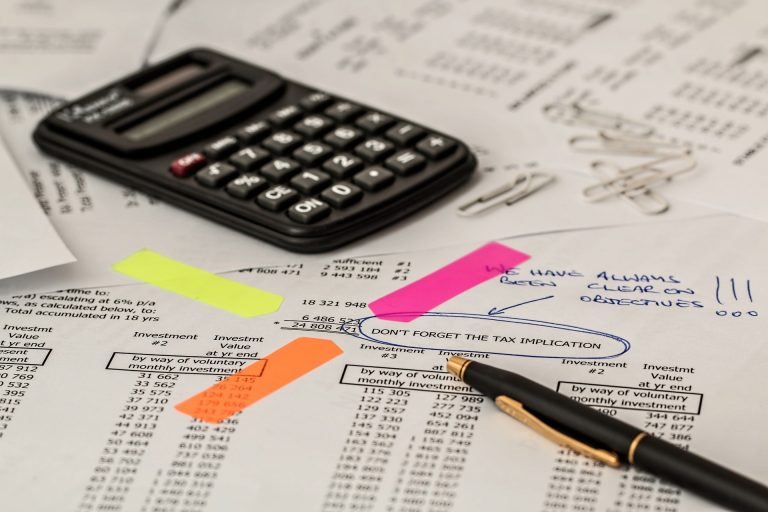Call us now:
Do You Owe Taxes From 2020, Even If Unemployment Benefits Were Not Taxed
Do you owe 2020 income taxes even though the IRS is now not taxing the first $10,200 of unemployment benefits? What to do and not to do.
Do you owe 2020 income taxes even though the IRS is now not taxing the first $10,200 of unemployment benefits? What to do and not to do.
What do you do and not do if you owe income taxes or have ongoing tax liabilities?
Bankruptcy timing can affect not only whether you must pay a tax debt but also whether you must pay certain tax interest and penalties.

Chapter 13 can discharge income taxes (write them off forever) if you wait long enough to file bankruptcy. Here’s how it works.
Usually you can discharge income taxes write them off forever by waiting to file bankruptcy long enough. Here's how it works under Chapter 7.
If you're considering filing bankruptcy, should you first prepare and submit any unfiled income tax returns? Should you prioritize paying them?
Here's an example of a Chapter 13 payment plan to pay income tax, showing how you pay what you can afford and avoid some interest, penalties.
Chapter 13's advantages in paying off your priority income taxes become clearer when you see what you don't have to pay.
Chapter 13 gives you huge advantages for paying off your priority income tax debts. You're protected while you pay what you can afford.
Chapter 7 can prevent future income tax lien recordings against your home, if the tax is truly dischargeable and you have a no-asset case.
Chapter 7 can prevent future income tax lien recordings against your home, if the tax is truly dischargeable and you have a no-asset case.
Bankruptcy can prevent future income tax lien recordings against your home. The result: paying nothing on the tax vs. paying it in full.
Bankruptcy permanently writes off income taxes, as long as the tax meets certain conditions. For some taxes the conditions are easy to meet.
Do you owe income taxes for the 2018 tax year AND already owe for one or more tax years? Chapter 13 may be an especially good tool for you.
Do you expect to owe income taxes for the 2018 tax year? Starting January 1, 2019 you can wrap that tax into a new Chapter 13 payment plan.